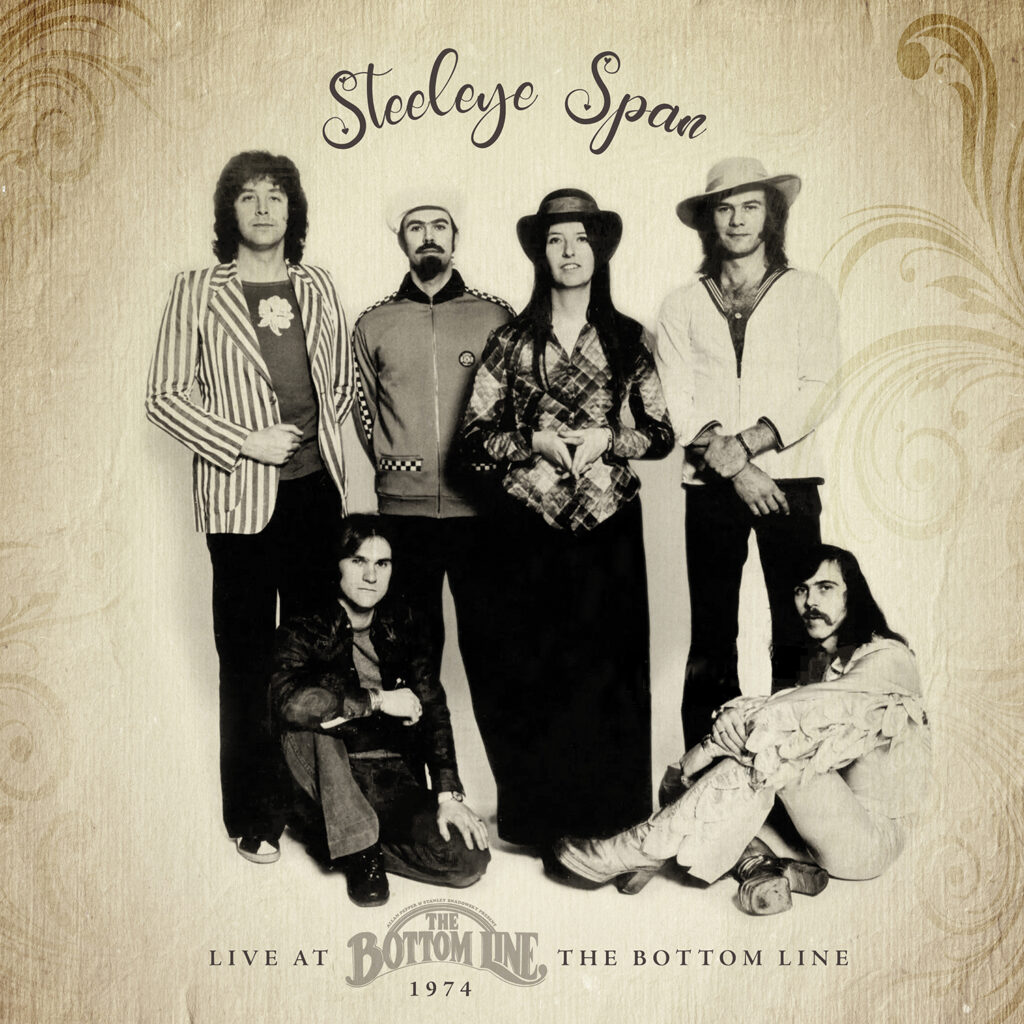With the release of their fourth album, Below the Salt, later in 1972, the revised line-up had settled on a distinctive electrified rock sound, although they continued to play mostly arrangements of very traditional material, including songs dating back a hundred years or more. Even on the more commercial Parcel of Rogues (1973), the band had no permanent drummer; however, in 1973, rock drummer Nigel Pegrum, who had previously recorded with Gnidrolog, The Small Faces and Uriah Heep, joined them, to harden up their sound (as well as occasionally playing flute and oboe).
Also that year the single “Gaudete” from Below the Salt became a Christmas hit single, reaching number 14 in the UK Singles Chart, although, being an a cappella piece, taken from the late renaissance song collection Piae Cantiones from Finland and sung entirely in Latin, this can neither be considered representative of the band’s music, nor of the album from which it was taken. This proved to be their commercial breakthrough and saw them performing on Top of the Pops for the first time. They often include it as a concert encore. Their popularity was also helped by the fact that they often performed as an opening act for fellow Chrysalis artists Jethro Tull. The Canadian single had “Royal Forester” as the b-side, and that song reached #10 on the RPM AC charts.
Their sixth album (and sixth member Pegrum’s first with the band) was entitled Now We Are Six. Produced by Jethro Tull’s Ian Anderson, the album includes the epic track “Thomas the Rhymer”, which has been a part of the live set ever since. Although successful, the album is controversial among some fans for the inclusion of nursery rhymes sung by “The St. Eeleye School Choir” (band members singing in the style of children), and the cover of “To Know Him Is to Love Him”, featuring a guest appearance from David Bowie on saxophone.


